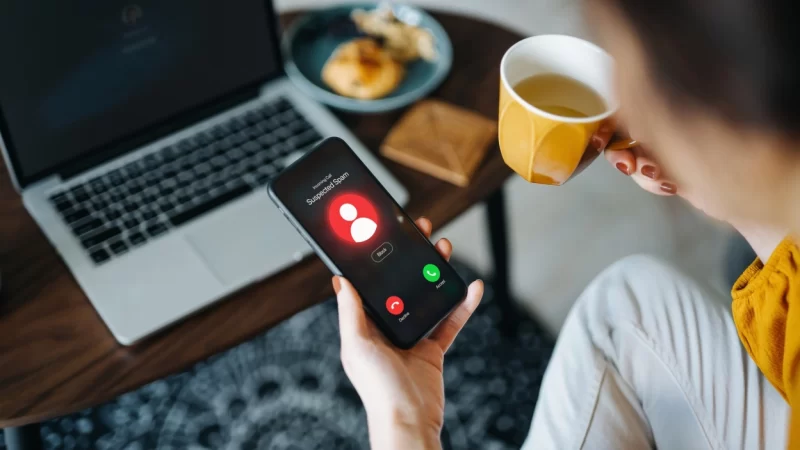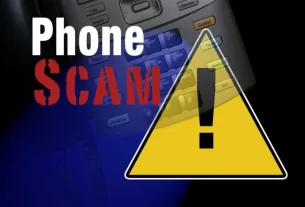Warning: 3456849135, +393511958453, 3409709183, 0289952272, +393511126529, 3469800477, +393319997840, +393773021998, +390669328449, +393473464731, 0697858700, +393512079596,
In recent times, there has been a growing concern among Italian citizens about receiving spam calls from unknown numbers. These unsolicited and often annoying calls have become a widespread issue, affecting people’s daily lives and raising security concerns. This article aims to shed light on the problem of spam calls in Italy and explore the reasons behind this surge in suspicious activities. Moreover, we will discuss potential measures to protect oneself from falling victim to such scams.
Understanding the Scope of the Issue
The Rising Menace of Spam Calls
Spam calls have become a menacing issue, not just in Italy but across the globe. Callers use various tactics to deceive individuals and obtain sensitive personal information, leading to potential financial losses and identity theft.
Alarming Increase in Reported Incidents
The number of reported spam calls has skyrocketed in recent months, prompting authorities to address the matter urgently. Many individuals have shared their experiences of being targeted by these fraudulent calls.
Identifying Potential Sources of Spam Calls
Enumeration of Suspicious Numbers
Several phone numbers have been identified as potential sources of spam calls in Italy. The following numbers have been reported multiple times for their involvement in such activities:
- 3456849135
- +393511958453
- 0289952272
- +393511126529
Caller ID Spoofing
Spammers often use advanced techniques to manipulate caller IDs, making it appear as if the calls are coming from legitimate entities. This tactic makes it difficult for recipients to differentiate between genuine and fraudulent calls.
Reasons Behind the Surge in Spam Calls
Data Breaches and Leaked Information
Data breaches have become increasingly common, and scammers exploit the leaked information to target unsuspecting individuals with spam calls. Personal data obtained from various sources may end up in the wrong hands.
Lack of Stringent Regulations
The absence of strict regulations against spam callers enables them to operate with impunity. The lack of severe penalties for such activities encourages fraudsters to continue their malicious practices.
How to Protect Yourself from Spam Calls
Activate Call Blocking Features
Most smartphones offer call blocking features that allow users to block specific numbers or calls from unknown sources. Activating this feature can significantly reduce the number of spam calls received.
Be Wary of Sharing Personal Information
Never share sensitive personal information over the phone, especially if the caller’s identity is uncertain. Legitimate entities would not ask for such details over the phone.
Register with the “Do Not Call” Registry
Many countries, including Italy, have “Do Not Call” registries where individuals can register their numbers to avoid receiving unsolicited calls. Enrolling in such a registry can be an effective measure against spam calls.
Conclusion
Spam calls have become a growing concern in Italy, with a surge in reported incidents. Identifying potential sources of spam calls and understanding the reasons behind this increase is crucial in combatting the issue. By taking proactive measures, such as activating call blocking features, avoiding sharing personal information, and registering with the “Do Not Call” registry, individuals can protect themselves from falling victim to spam call scams.
FAQs (Frequently Asked Questions)
Q 1: Are these spam calls limited to specific regions in Italy?
A: No, spam calls can target individuals across various regions in Italy.
Q 2: Can I report spam calls to authorities?
A: Yes, you should report spam calls to the appropriate authorities to help combat the issue.
Q 3: How can I differentiate between legitimate and spam calls?
A: Caller ID spoofing makes it challenging, but if you are unsure about a call’s legitimacy, avoid sharing personal information and verify the caller’s identity through official channels.
Q 4: Are there any legal actions against spam callers in Italy?
A: Yes, there are legal measures in place, but stricter regulations and penalties are required to tackle the issue effectively.
Q 5: Do all spam calls aim to extract personal information?
A: While many spam calls aim for data extraction, some may also try to sell fraudulent products or services. Remain cautious and vigilant in dealing with unknown callers.



